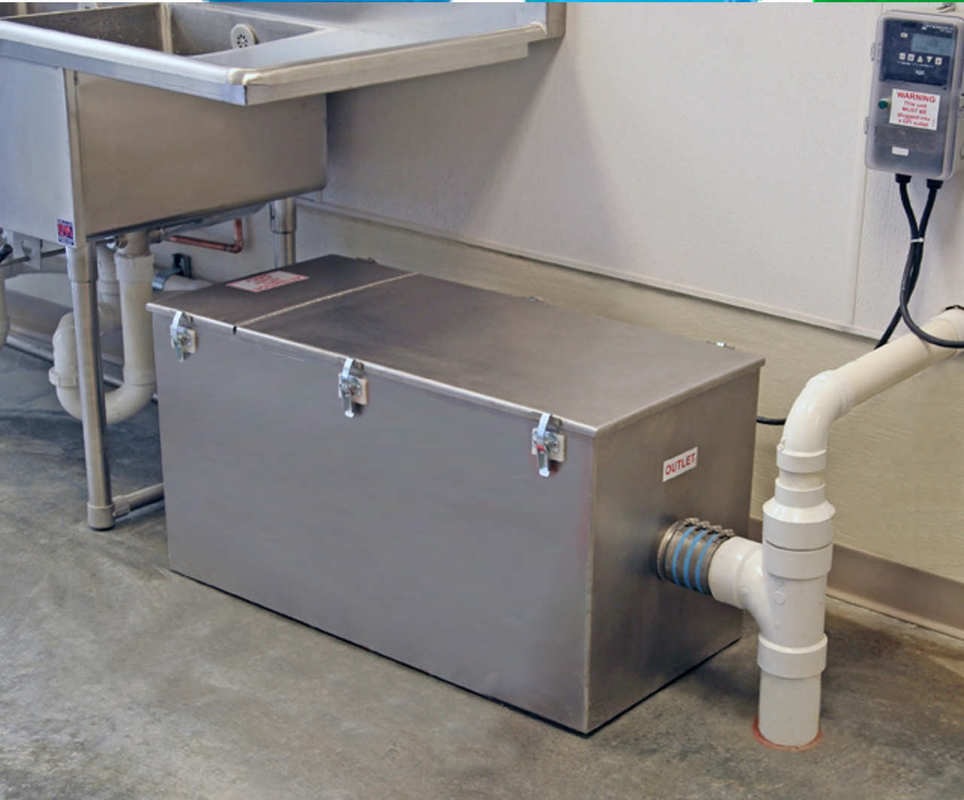
As a business owner, you know that there are a lot of moving parts that keep your operation running smoothly. Your grease trap is one of those critical components – and it’s important to keep it well-maintained in order to avoid costly repairs or even replacement. That’s why preventative maintenance is key.
Why is Preventative Maintenance Important?
Preventative maintenance is important for a number of reasons.
- First, it can help you avoid costly repairs. A well-maintained service grease trap will last longer and require fewer repairs than one that isn’t properly cared for.
- Second, preventative maintenance can help you avoid problems with your local sewer authority. If your grease trap isn’t properly maintained, you run the risk of having fats, oils, and greases enter the sewer system – which can lead to costly fines from your local authority.
- Third, preventative maintenance can help you avoid disruptions to your business operations. If your grease trap needs to be repaired or replaced, it can cause significant disruptions to your business.
- And finally, preventative maintenance can help you protect the environment. When grease enters the sewer system, it can cause problems at the treatment plant and ultimately lead to environmental contamination.
What Does Preventative Maintenance Include?
There are a number of things that should be done on a regular basis to maintain your grease trap. First, the trap should be inspected regularly to ensure that there are no blockages or leaks. Second, the traps should be cleaned regularly – typically every three months or so. This will remove any build-up of grease, oil, or fat that has accumulated in the trap. Finally, the traps should be properly maintained – which includes ensuring that there is adequate ventilation and that all connections are tight and secure.
Be Careful What You Put Down The Drain
One common mistake that people make is assuming that anything that goes down the drain will end up in the sewer system. However, this is not the case with grease traps. So, even though you may not see it, anything that goes down the drain in your kitchen will end up in your grease trap. That’s why it’s important to be careful about what you put down the drain. For example, scraps of food should go in the garbage can, not down the drain. And oils or greases should never be poured down the drain – even if they’re still hot. Doing so will only increase the likelihood of your grease trap becoming clogged or overfilled.
Have A Professional Service Every Few Years
While regular cleaning and emptying will help to prolong the life of your grease trap, it is still a good idea to have it serviced by a professional every few years. They will be able to clean it more thoroughly than you could on your own, and they will also be able to check for any potential problems that might need to be fixed.
Conclusion:
Preventative maintenance is critical for keeping your grease trap in good working condition. By inspecting and cleaning your traps on a regular basis, you can avoid costly repairs or replacements – and keep your business up and running smoothly.








